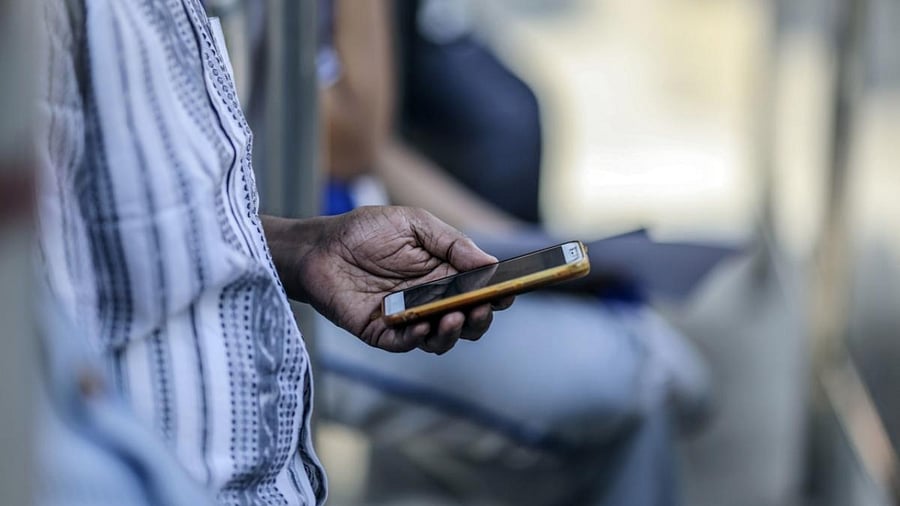
Though Prime Minister Narendra Modi recently took part in the second edition of the ‘Summit for Democracy’ hosted by President Joe Biden of the United States, India refrained from joining the other participating nations in committing to protect human rights online and in opposing government-imposed disruptions of the Internet.
Over 120 nations were invited by the United States to take part in the “Summit for Democracy 2023”, which ended with the adoption of a 17-point declaration. India, however, was the only participating nation to refrain from endorsing the summit declaration’s paragraph on freedom on the Internet.
Except India, all other nations, which participated in the second ‘Summit for Democracy’ on March 29, agreed to “promote access to the Internet, protect civic space, enable the enjoyment of human rights online, commit to supporting information communications technology infrastructure projects in underserved communities, and work to prevent government-imposed Internet disruptions and restrictions online that violate international human rights law obligations”. They also recognized the importance of ensuring that surveillance technology is used in a manner consistent with democratic principles and with respect for applicable human rights obligations and commitments, according to the summit declaration’s 13th operative paragraph, which was not endorsed by India.
The government led by the Bharatiya Janata Party had in the past drawn flak for shutting down Internet in the troublespots across India, especially in Jammu and Kashmir (J&K) after the August 2019 move to strip the erstwhile state of its special status and to reorganize it into two union territories. It had also been criticized for shutting down the Internet during the protests by the farmers between August 2020 and December 2021 against the three new agricultural laws.
The Internet was shut down in Punjab as recently as on March 18, when the manhunt for the radical preacher Amritpal Singh was launched. It was partially restored on March 21, although the shutdown continued in some districts till March 24.
The government’s move earlier this year to block access on YouTube and Twitter to a BBC documentary on Modi’s role as the chief minister of Gujarat during the 2002 communal clashes in the state also triggered allegations of increasing online censorship.
The decision of the Government of India to dissociate from the Paragraph 13 of the Summit for Democracy declaration is concerning as it pertains to the application of human rights online, prevention of state-enforced internet restrictions, use of surveillance technologies consistent with democratic principles and human rights, and the need to protect individuals' privacy, safety and health, Prateek Waghre, policy director of the Internet Freedom Foundation, said. “It sends the unfortunate signal, especially domestically, that the Indian state may not support these principles in letter and spirit, at a time when the regulatory framework that governs how Indians interact with the internet and the state are being rewritten."
India, along with Armenia and Mexico, also did not endorse one of the preambular paragraphs of the summit declaration as it condemned Russia for its military aggression against Ukraine. The three nations also refrained from endorsing the third operative paragraph of the declaration of the ‘Summit for Democracy’. The paragraph tacitly condemned Russia for initiating an investigation against several judges of the International Criminal Court (ICC) as well as its prosecutor Karim Ahmed Khan. Moscow’s move against the ICC judges came after the court based in The Hague issued an arrest warrant against Russian President Vladimir Putin for war crimes allegedly committed against the children of the areas the armed forces of the former Soviet Union nation occupied in Ukraine.
Besides, India, Israel and Philippines also refrained from endorsing the fourth operating paragraph of the summit declaration as it demanded that all parties to armed conflict should fully comply with their obligations under international humanitarian law. It also acknowledged the important role played by the ICC as a permanent and impartial tribunal complementary to national jurisdictions in advancing accountability for the most serious crimes under international law.

